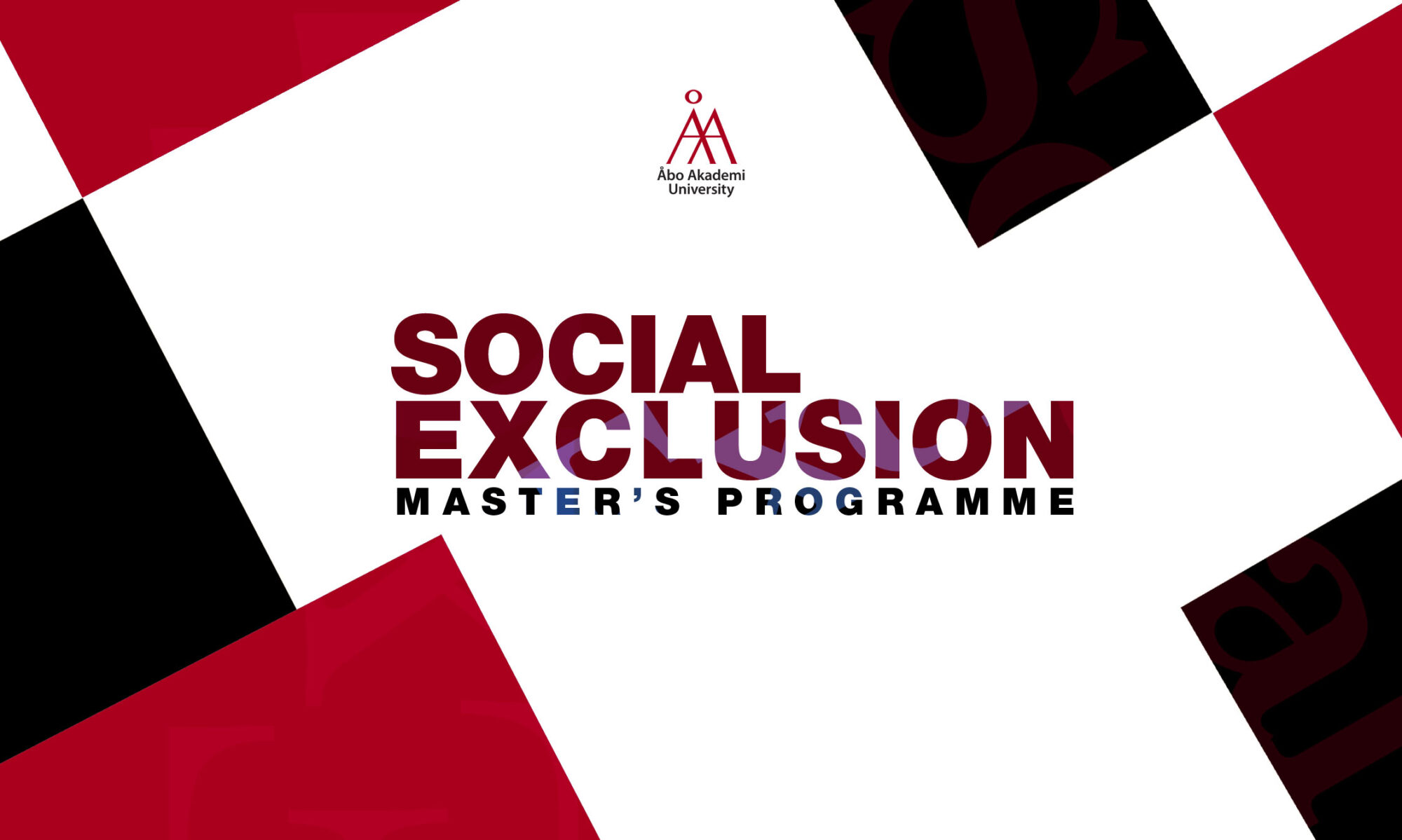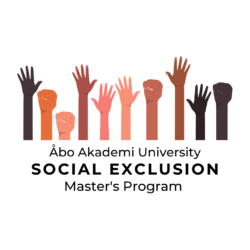On Thursday, February 24th, many woke up to disturbing news. To some it was completely unexpected, a few had anticipated it and others heard or saw the treats but only thought of them as empty words. Even if, the invasion of Crimea in 2014 was still recollected by many, a war eight years later was not anything many had foreseen. Veterans who still remember the Second World War was thrown back to the fear and worry the time gave them. Others could finally see a light at the end of the corona tunnel, only to find themselves and the world in a crisis.
Now two weeks later, a lot has happened. Pictures of collapsed buildings after airstrikes, people living in bunkers and seeing the mass on train stations piled together, trying to flee the country to safety has filled most of everyone’s social media feed. We’ve also seen a tremendous amount of support for Ukraine and its people. Many countries have accepted Ukrainian refugees with open arms and supplied them with anything they need and globally different companies and even whole countries have boycotted anything Russian. However, this crisis has also visualized some horrendous aspects and treatments of already excluded individuals and people.
Within the borders of Ukraine, and looking at the people trying to desperately escape, the discrepancy in the way people have been treated has been saddening. Ukraine accepted many international students or exchange students to study, for instance, medicine. However, now in the middle of a war, many of these students have not been aided when trying to evacuate like the rest of the Ukrainian citizens. These international students, mostly from African nations, have been removed from trains, not let onto trains and when women and children have been asked to board, Black women have been turned away at the door and not accepted onto the trains. In addition to the racism seen when people try to evacuate, there have also been cases of transphobia. Ukrainian trans women, who still have their previous gender on their passport have also been denied leaving the country in pursuit of sanctuary in a different country.
Meanwhile, the people within Ukraine has faced racism and discrimination, you can also see the exclusion of people as a result of war globally. For instance, in Finland, Russian citizens have faced an overwhelming amount of harassment and prejudice for the past weeks. Surely this is not a new phenomenon in Finland, where Russians have faced discrimination before, but it has increased and nationalistic Finns see the war as a reason to be mad at Russian citizens, even if they have nothing to do with starting a war. Additionally, the way this war and the Ukrainian refugees has been treated globally, compared to other conflicts and refugees also shows hypocrisy. Wars that have been going on for years and decades still go by unnoticed in Western media and no sanctions or boycotts are put into place to help these nations in crisis. What these crises have in common is their geographical positioning in the Global South and that it involves non-white, non-western and non-European people. How the world was so quick to condemn Russia was impressive but compared to the crisis in the Middle East and how the West chooses to turn a blind eye is devastating but not surprising. When it comes to Ukrainian refugees, which neighbouring countries should definitely find shelter for, the way they have been treated and discussed in the media has been completely different compared to other non-white, non-blue eyed and non-European refugees. The Ukrainian refugees are welcomed and taken care of, whereas other refugees are and have been treated like animals and forgotten. All in all, making it clear that some people matter more than others.
Discussing wars and conflicts there are always many perspectives and aspects to consider, in addition to it being difficult and even exhausting to talk about it all. It is not to minimize the struggle and hardship of people trying to flee their homeland and find safety, it is only to show how people are treated and excluded in different ways when it comes to crises. In a class held a week and a half after Russia invaded Ukraine numerous of the students shared different opinions and thoughts about the situation, many of which were briefly mentioned above. These are assumingly also aspects of wars which certainly plenty of individuals have also been reflecting on. War or conflicts and their consequences shape a multitude of people’s lives, not only within the borders of the warzone but people around the globe.

